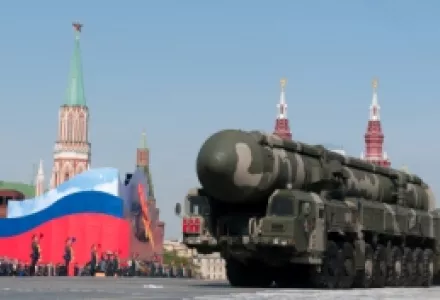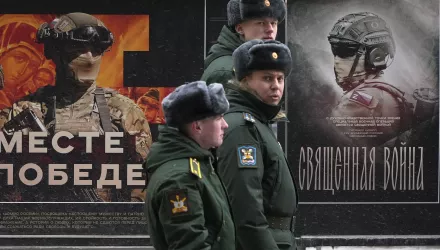U.S.-Russia Arms Control: Prospects and Challenges
This seminar will examine the prospects for further nuclear arms reductions between the United States and Russia, including the possibility that negotiations might be expanded to weapons not limited by the New START Treaty. The seminar will cover U.S. and Russian differences over missile defense and how those might be resolved to allow a cooperative NATO-Russia missile defense arrangement for Europe.
Please join us! Coffee and tea provided. Everyone is welcome, but admittance will be on a first come–first served basis.


